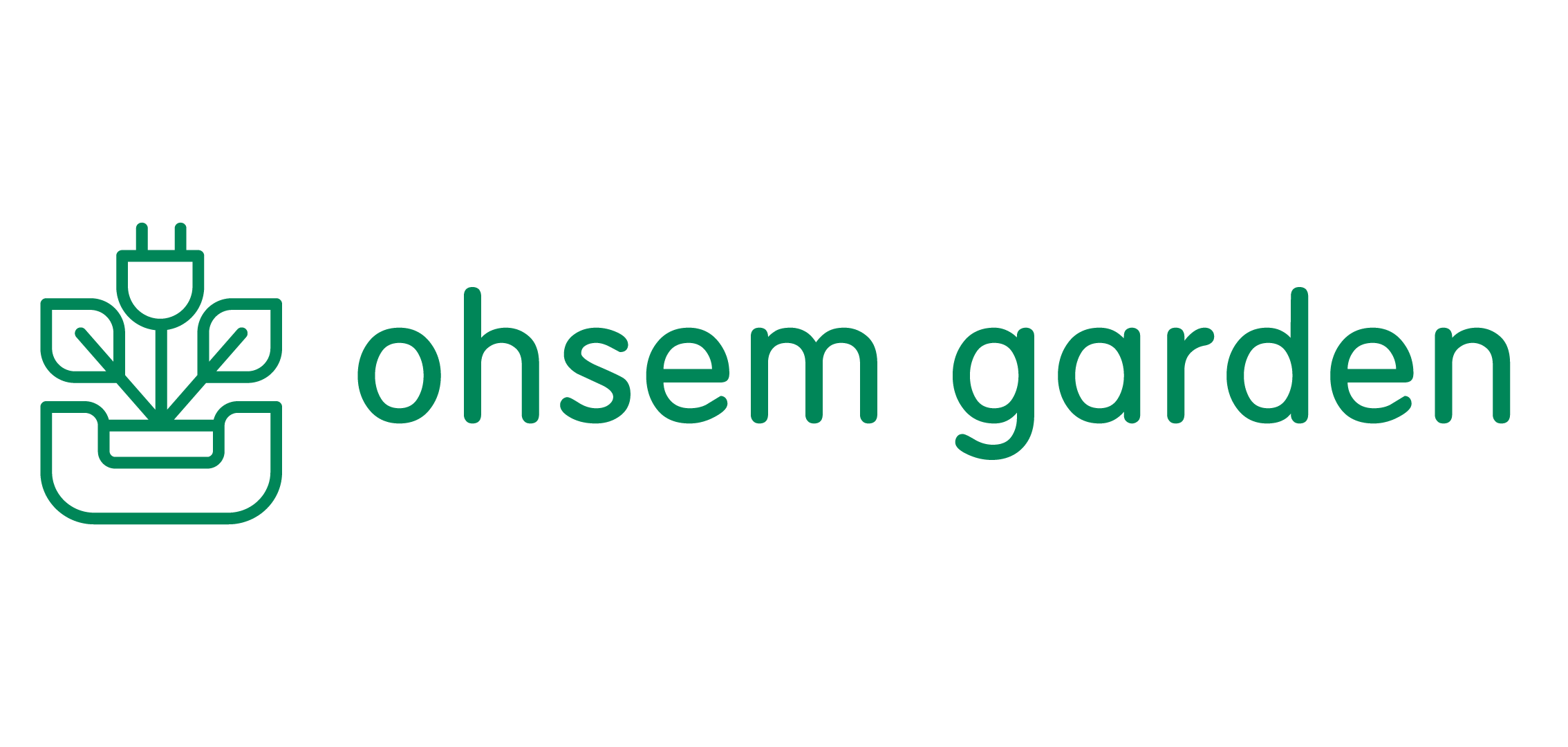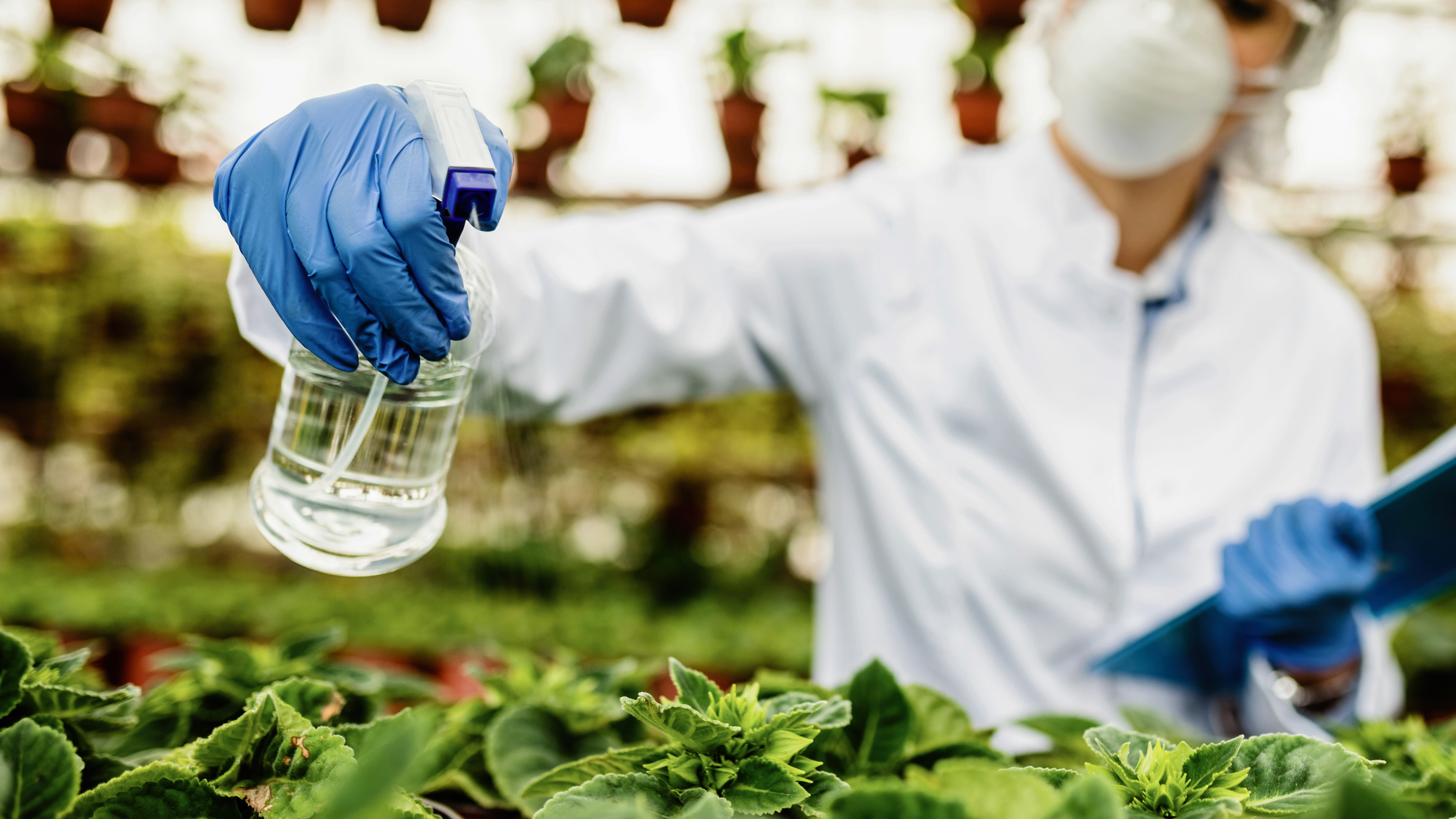In hydroponics, fertilizer solutions are used to provide plants with the necessary nutrients for growth. These fertilizers are specifically formulated for hydroponic systems and are typically used in conjunction with an inert growing medium, such as rockwool or clay pebbles, and a nutrient delivery system, such as a pump or dripper.
There are several types of hydroponic fertilizers available, including:
- Complete nutrient solutions: These are also known as "all-in-one" solutions and contain all the necessary macronutrients (nitrogen, phosphorus, and potassium) and micronutrients (such as calcium, magnesium, and iron) that plants need for growth. They are typically used for plants in vegetative and flowering stages.
- Two-part nutrient solutions (AB Fertilizers) : This type of fertilizer contains two separate solutions, one for the growth stage (A) and one for the blooming stage (B), that are mixed together before use. This type of fertilizer allows growers to customize the nutrient balance to the specific needs of the plants at different stages of growth.
- Organic fertilizers : Organic fertilizers are made from natural materials such as fish emulsion, worm castings, or bat guano. They are a good option for growers who want to avoid synthetic chemicals.
- pH-Balanced fertilizers : These fertilizers are specially formulated to maintain a neutral pH in the nutrient solution, which is important for plant growth.
It's worth noting that different plants have different nutrient requirements, so it's important to choose a fertilizer that is formulated for the specific plants you are growing. Additionally, it's important to follow the manufacturer's instructions and to measure and adjust the pH and EC of the nutrient solution regularly to ensure that the plants are getting the right balance of nutrients.

